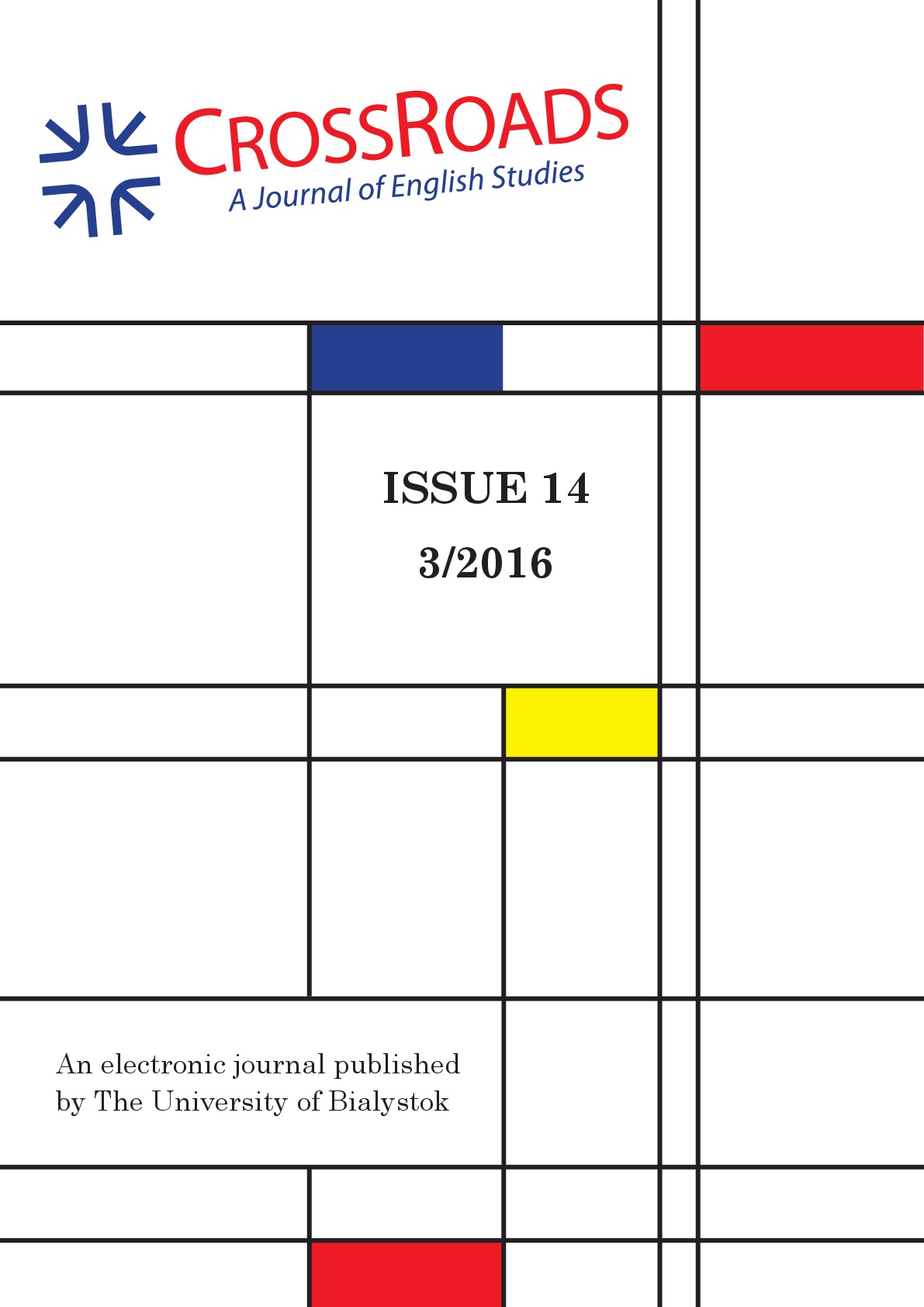The witness of the unspoken experience: Postmemory in Bernice Eisenstein’s I Was a Child of Holocaust Survivors
The witness of the unspoken experience: Postmemory in Bernice Eisenstein’s I Was a Child of Holocaust Survivors
Author(s): Aleksandra KamińskaSubject(s): Jewish studies, Studies of Literature, Transformation Period (1990 - 2010), History of the Holocaust, Politics of History/Memory, Politics and Identity
Published by: Wydział Filologiczny Uniwersytetu w Białymstoku
Keywords: postmemory; graphic novel; illustrated novel; memoir; trauma;
Summary/Abstract: In the graphic memoir I Was a Child of Holocaust Survivors (2006) Bernice Eisenstein examines her identity as a second generation survivor, tells stories about her parents, and depicts the community of survivors in Toronto. Eisenstein’s memoir is most often described as a graphic novel. However, the book is a specific combination of words and drawings, and can be hard to categorize. In my paper I focus on Eisenstein’s complex relationship with her father presented in the novel, and argue that the way she writes about him and draws him is anchored in his unsaid Holocaust experience. I read Eisenstein’s portrayal of her father in reference to the concept of postmemory, and suggest that Eisenstein was heavily affected by her father’s experience of being a Holocaust survivor. Her deep connection to the past is demonstrated in I Was a Child of Holocaust Survivors through drawings, selected memories, and references to numerous works of culture. I discuss how Eisenstein draws her father and how she commemorates him in images – not as a victim, but as extremely strong personas: movie star, gangster or sheriff. I analyze the role of shtetl culture in the memoir as another way of linking present with past. I suggest that the books and movies about the Holocaust which Eisenstein references in the memoir create a basis for changing the confusing, or even unexpressed traumas, into an understandable story.
Journal: Crossroads. A Journal of English Studies
- Issue Year: 2016
- Issue No: 03 (14)
- Page Range: 57-66
- Page Count: 10
- Language: English

